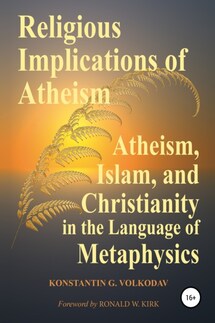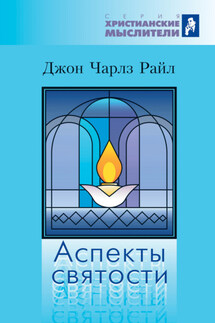Religious Implications of Atheism - страница 15
The first concept is characteristic of many pagan religions, Platonism and Atheism. It does not matter in principle whether the universe has existed forever in its modern form, or whether it was formed from some preceding “pra-matter”. In ancient Greek cosmogonies, the formless primary matter was ordered by the Demiurge according to the model of eternal ideas. Atheists, at first for a hundred and fifty years, self-confidently asserted that the universe (matter) is eternal. However, modern cosmologists have already proved several decades ago that the universe had a beginning. Now atheists reluctantly admit this fact, but at the same time claim that the universe arose “with the help of physics.” However, physics is an attribute of matter. Thus, one way or another, atheists talk about the eternal beginningless existence of some “physics”, or, what is the same, some “pra-matter”.
The second concept was adopted by the Gnostics, Neo-Platonists and their followers. They taught that the various cosmic “eons” originate in the divine being itself. However, if God created something out of his essence, this would not mean that he actually creates.
The third concept is affirmed by the Abrahamic religions. They teach about the creation of the universe by God from nothing, that is, from non-being. The Second Book of Maccabees directly states this: “Look upon the heaven and the earth, and all that is therein, and consider that God made them of things that were not [Lat. ex nihilo, Gr. οὐκ ἐξ ὄντων]” (2 Macc. 7:28, LXX, cf. KJV). Here, the “things that were not” (Lat. nihilo, Gr. οὐκ ὄν) has a completely clear and definite meaning: it is non-being (non-existence, nothingness), the denial of any existence (any of its forms), the denial of being, that is, non-being. In non-existence, there is no essence, potency, law, or concept; moreover, there is no “physics” in it. Therefore, non-being cannot be an object of physics study, like a vacuum or “nothing” specially invented by atheists.
Moses, when describing God’s creation of the world, uses the verb “bará” (Heb. בָּרָא Strong’s lexicon number 1254, Gen. 1:1) to designate the creation of something fundamentally new, which cannot be deduced from the previous, from the pre-existing. He lived around the fifteenth–thirteenth century BC. Thus, the idea of the creation of the universe from non-being preceded Greek philosophy, and could not be borrowed from any other religion.
In Christianity, the creation of the world from non-being (nothingness), except for the text of the Bible, is expressed with all clarity in liturgical texts [25] and in theological treatises. [26] Time began with the universe (Gen. 1:1; Ps. 146:6; John 1:3; Col. 1:16–17; 1 Cor. 8:6; Rom. 11:36). This is important to emphasize. Time was created in the act of creating the universe, and did not exist forever. In the fourth century, St. Basil the Great wrote, “Not in time, it is said: in the beginning he created.” [27] Since God does not create the universe from himself, but calls it out of non-being (cf. Rom. 4:17), Christianity denies all types of deification of the world (the nature).
The first concept contains ontological conditioning, determinism: the universe was supposed to appear. In the third, biblical concept, the universe is ontologically unnecessary. Its cause lies only in the free will of the transcendent Creator. Fr. George Florovsky about this remarkably wrote:






